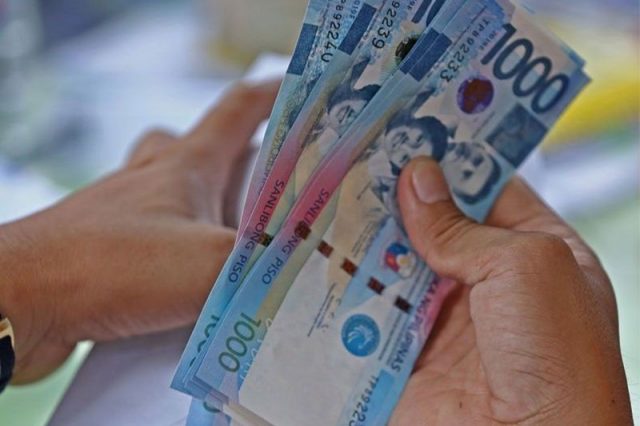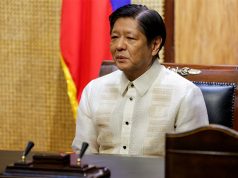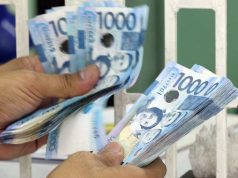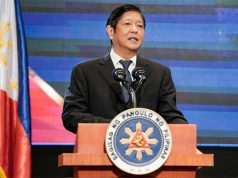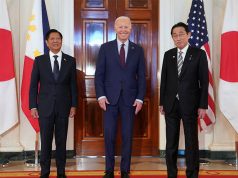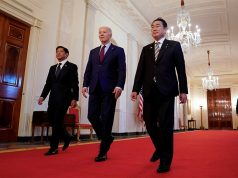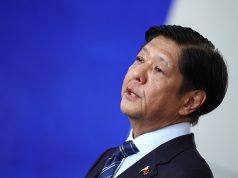- Govt must do something about sharp FX changes
- Govt wants predictability in forex rate
- Minister not in favor of universal subsidies to tame prices
MANILA— The Philippines must “do something” about sharp fluctuations in the foreign exchange rate to make the currency’s movement predictable, its economic planning secretary said on Wednesday.
The Philippine peso PHP= is Southeast Asia’s worst-performing currency, having lost 13.4% against the U.S. dollar so far this year as the Fed’s aggressive policy tightening to combat inflation boosts the greenback’s safe-haven appeal.
“We have to watch out for any sharp changes in the exchange rate and be able to do something about it,” Economic Planning Secretary Arsenio Balisacan told reporters on the sidelines of a business forum.
“What’s important are the swings. We don’t want that,” Balisacan said, adding the government will not dictate policy to the Bangko Sentral ng Pilipinas (BSP).
The central bank has said it was active in the forex market and selling strategically to prevent “excessive” forex movements.
At a senate hearing on Wednesday, senior central banker Iluminada Sicat said the BSP “will always be ready to participate” in the forex market but only to “smooth out” excessive volatility “rather than defend a specific level or trend of the peso”.
“The BSP is also prepared to utilise other tools to respond to fluctuations in exchange rate,” Sicat said, citing as examples, the U.S. dollar repo facility and currency swap arrangements.
President Ferdinand Marcos Jr said on Tuesday his government was prepared to defend the peso, and would continue to use interest rates to combat inflation that is already at four-year highs.
READ: Marcos ready to defend peso, fight inflation
The central bank, which has two more policy meetings left this year, has so far raised key policy rates PHCBIR=ECI by 225 basis points (bps) this year, including an off-cycle 75 bps hike in July, to tame inflation and slow the peso’s decline.
Separately, Balisacan told a business forum he does not favour granting universal subsidies and removing value-added tax on certain goods to tame prices.
—Reporting by Neil Jerome Morales; Writing by Karen Lema; Editing by Martin Petty and Kanupriya Kapoor

